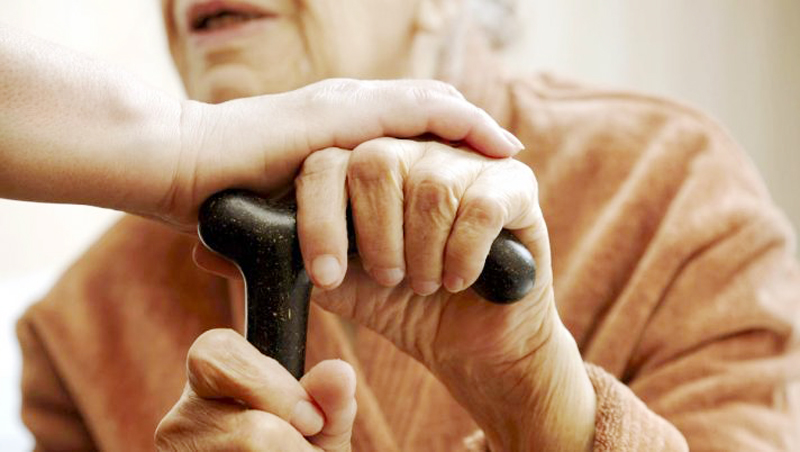A study by the Algarve Biomedical Center (ABC) and the Champalimaud Foundation, carried out on more than five thousand vaccinated people from nursing homes in the Algarve and Alentejo regions, was presented today, 16 September, in Viseu, having concluded that, after four months after two doses of Covid-19 vaccine, there is a 'sudden drop' in antibodies.
“There is a sharp drop in antibodies in people over 70 who have had two doses of vaccine and four months after full vaccination. In contrast, people who have had Covid-19 and who have received a dose of vaccine maintain high levels of antibodies all the time,” announced the head of the study at the Algarve Biomedical Center.
Nuno Marques thus concluded the presentation of the study called "Covid-19 Protector", carried out in partnership with the Champalimaud foundation, with the support of the Ministry of Labour, Solidarity and Social Security, for 15 days of August in the Alentejo and Algarve regions, in 5 174 residents and workers in nursing homes.
Of the total number of people analyzed, 2 were nursing home workers and 303 were resident users.
The study population was mostly female, and among employees the average age was 47 years old, while among users it was 85 years old. Of these, 2.277 are over 80 years old and over a thousand are over 90 years old.
Nuno Marques explained that the objectives of the study, "the largest of its kind", was to understand what percentage of users and employees of homes that have antibodies to Covid-19, for how long users and employees keep antibodies after vaccination, if the presence of antibodies varies with age and whether there would be differences in the presence of antibodies between people vaccinated with two doses and those who had Covid-19 and received one dose of vaccine.
“The study showed that in employees we have antibodies present in 79% of them and in users in 46% of them. It is a statistically significant and highly considerable difference between the two, but this data needed to be worked in another way to understand better», he warned.
The minister of Labour, Solidarity and Social Security, Ana Mendes Godinho, attended the presentation of the study and, at the end, said that she would take the document to the expert meeting today at Infarmed, because “information helps in the decision” to be taken for the future.
“It is evident in this study that we cannot lower our guard, from the point of view of maintaining protection measures, naturally with an ability to evolve, as we have been evolving”, said Ana Mendes Godinho.
The government official warned that "there are many other characteristics of this isolation that later also have disastrous effects on people" and called for attention to "the other sides of the pandemic, namely the isolation of the elderly."
Ana Mendes Godinho said that one of the preventive measures to protect the elderly is «the testing of employees at the entrance of homes, which will remain» in the autumn and winter program that is being prepared and asked for «the opening for visits, always with preventive measures, to resume life in a calm way» also in homes.
Nuno Marques announced that the study will be sent to European institutions.



















Comments